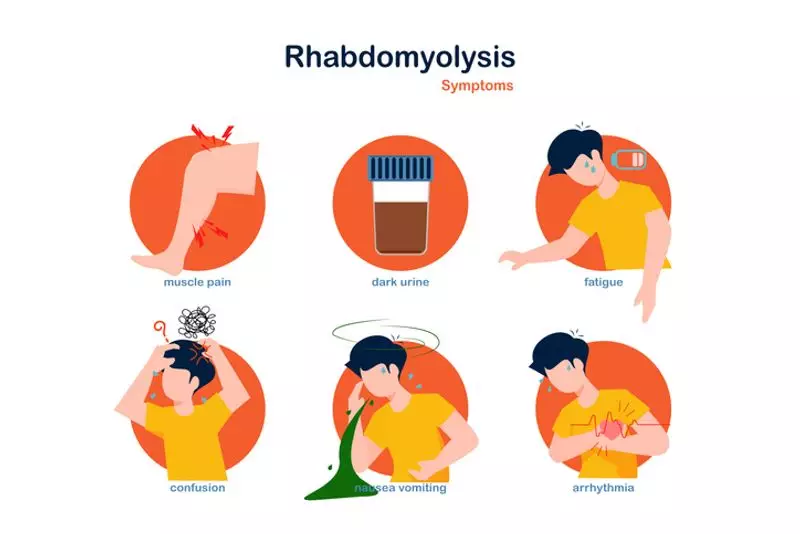
That intense muscle soreness after an extreme workout might be more than just regular fatigue. Medical experts are warning fitness enthusiasts about rhabdomyolysis - a serious condition where overexertion causes muscle tissue to break down rapidly, releasing toxic substances into the bloodstream.
What Exactly is Rhabdomyolysis?
Rhabdomyolysis occurs when strained muscle tissues release their contents into the blood. This includes myoglobin, a protein that can be particularly harmful to kidneys. When these proteins flood the bloodstream, they can overwhelm the kidneys' filtering capacity, potentially leading to kidney failure if left untreated.
Who's at Risk?
While anyone can develop this condition, certain groups face higher risks:
- New gym enthusiasts who push too hard too soon
- Athletes returning to training after breaks
- Military personnel during intense basic training
- Construction workers and manual laborers in extreme conditions
- Individuals with genetic muscle conditions
Recognizing the Warning Signs
Early detection is crucial for preventing serious complications. Watch for these symptoms:
- Severe muscle pain and weakness that persists beyond normal soreness
- Dark, tea-colored urine indicating muscle protein presence
- Swelling and tenderness in affected muscles
- Fatigue and general malaise
- Decreased urine output suggesting kidney involvement
Prevention: Smarter Training Approaches
Preventing rhabdomyolysis doesn't mean avoiding exercise altogether. Instead, adopt these safer practices:
Gradual progression: Increase workout intensity slowly over weeks, not days. The 10% rule - increasing activity by no more than 10% weekly - provides a safe guideline.
Proper hydration: Drink adequate water before, during, and after exercise, especially in hot conditions.
Listen to your body: Distinguish between good pain (muscle fatigue) and bad pain (sharp, persistent discomfort).
Cross-training: Alternate between different types of exercises to avoid overworking specific muscle groups.
When to Seek Medical Help
If you experience severe muscle pain accompanied by dark urine after intense physical activity, seek immediate medical attention. Early treatment with intravenous fluids can often prevent kidney damage and speed recovery.
Remember: While pushing limits can lead to fitness gains, understanding your body's warning signals is crucial for long-term health and performance. Smart training always beats extreme training when it comes to sustainable fitness journeys.






